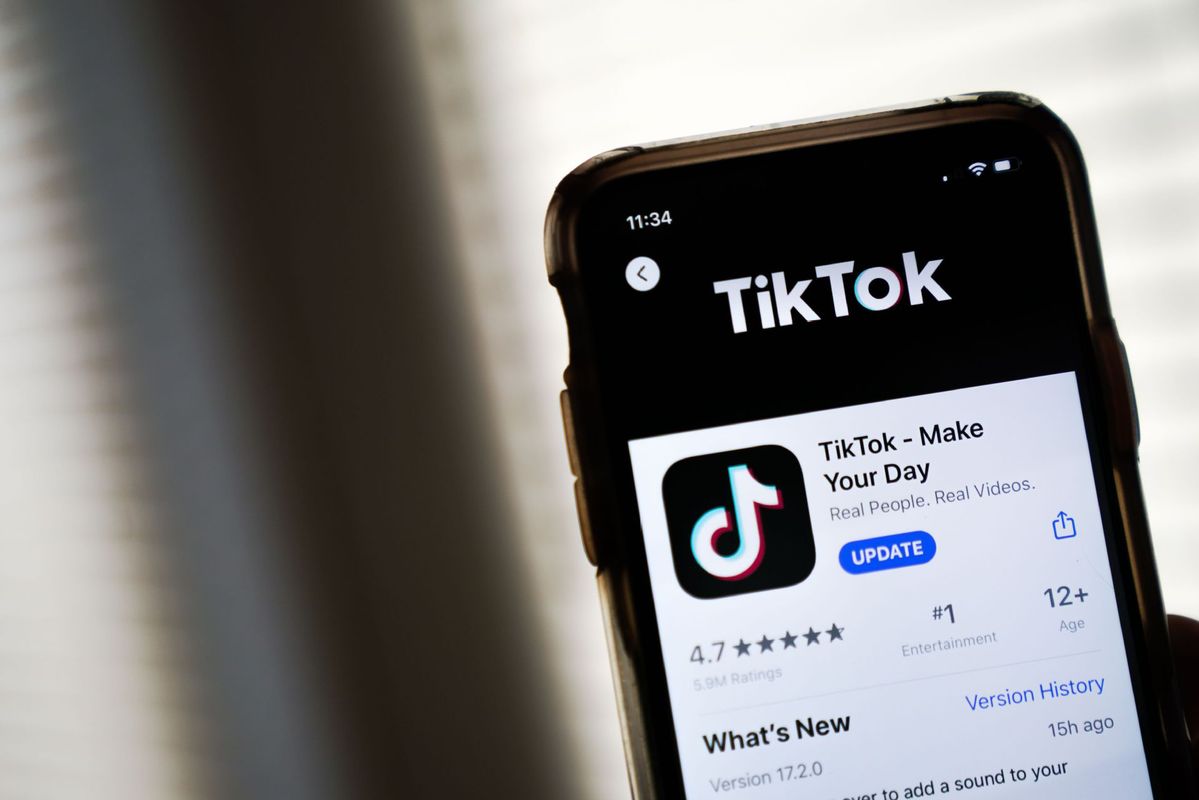TikTok defends itself against digital gunboat attack of US: China Daily editorial
chinadaily.com.cn | Updated: 2020-08-24 20:04

TikTok filed a lawsuit on Monday against the United States president's executive order banning any transaction with the video-sharing social networking app's Chinese developer ByteDance or its subsidiaries.
In a statement, TikTok said that it had no choice but to challenge the executive order as the ban treats the company and users of the app unlawfully and unfairly by disregarding necessary legal procedures and trampling on freedom of contract.
According to reports, Oracle, whose chairman Larry Ellison has raised millions of dollars in campaign funds for the US president, is keen to take advantage of the US administration's remarkably serendipitous move with a bid for TikTok's US operations, which ByteDance can divest itself of before the ban takes effect.
No wonder the Chinese Foreign Ministry has called the attacks on Chinese apps such as TikTok "digital gunboat policy".
The lawsuit filed by TikTok comes hard on the heels of US-based users of WeChat filing a lawsuit against the executive order arguing that it violates the constitutional rights of its millions of users in the US.
Although the US administration professes to uphold the rule of law, an open internet and freedom of speech, what the administration has done in its bid to impede the normal business operations of TikTok and WeChat proves otherwise.
The executive orders claim that the popularity of mobile applications such as TikTok that are developed and owned by companies in China threatens US national security, foreign policy and the economy. Yet even the Central Intelligence Agency concluded after an investigation that there is "no evidence" showing the Chinese government had intercepted TikTok's data or used the app to intrude into users' mobile phones, according to a New York Times report.
Clearly the US administration's approach is simply to give the dog a bad name and then kill it.
The executive orders targeting TikTok and WeChat show how desperate the US administration is to blunt China's technological edge and how willing it is to abuse its power to curtail the acceptance of Chinese applications and exclude China from the global IT community, even at the cost of the rule of law.
The moves highlight that the US administration wants to build a cyber wall to isolate China from the global information economy that will be the basis for power and prosperity in the new digital era.
America will not become great again if politicians in Washington continue to violate market rules, compromise competition and raise trade, economic and technological curtains against presumed rivals based on ideology or expediency. The US administration should stop stooping so low if it wants America to rise again.
























